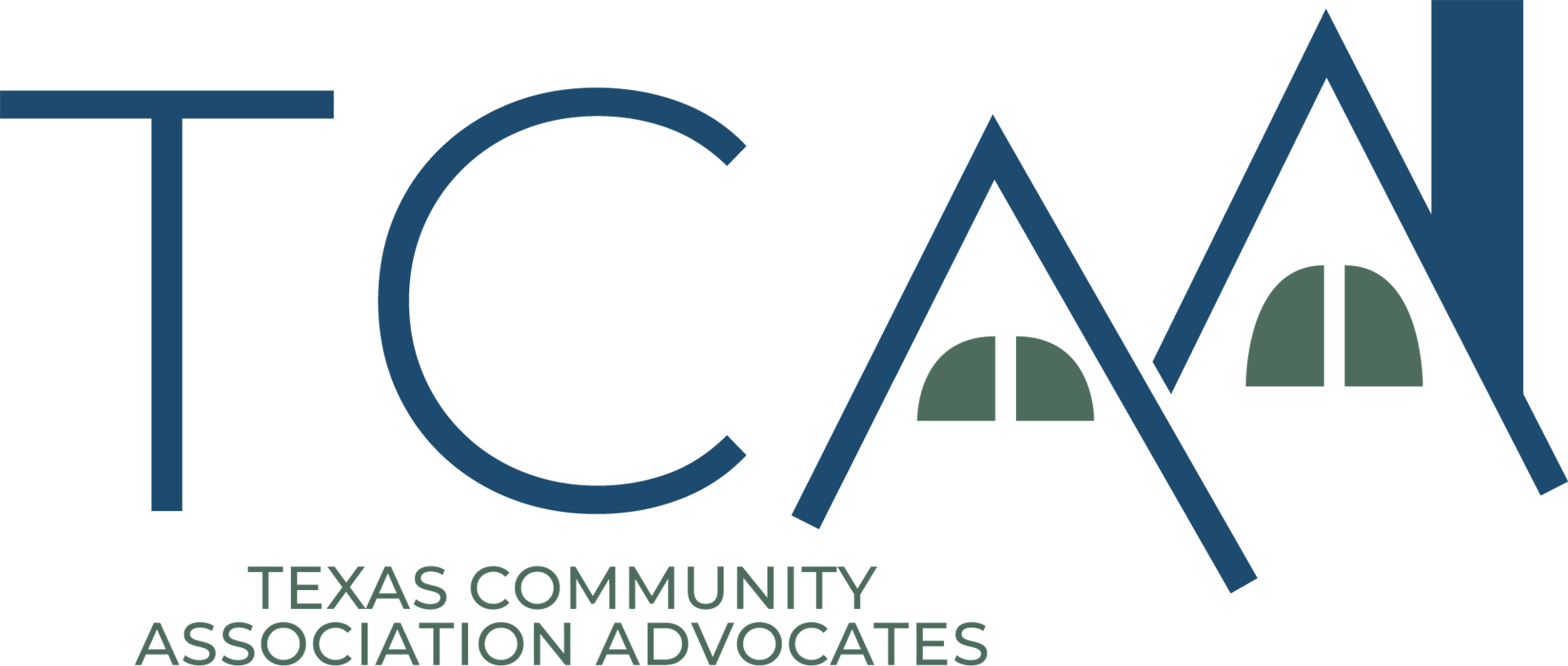-
What is a community association?
- A community association may have any number of names, including homeowners association, property owners association, condominium association, cooperative, council of homeowners and common interest development.
- While there can be substantive differences among these types, the fundamental responsibility of an association is to preserve the nature of the community and protect the value of the property owned by members.
-
What can I expect when buying a home in a community association?
- Live in a community where the property is maintained according to established standards.
- Take part in governing the community association by attending meetings, serving on committees and standing for election.
- Assess the governing documents of the association.
- Review the appropriate books and records of the association.
- Honest, fair and respectful treatment by community leaders and managers.
-
What responsibilities do I have if I live in a community association?
- Read and comply with the governing documents of the community.
- Maintain my property according to established standards.
- Treat association leaders honestly and with respect.
- Vote in community elections and on other issues.
- Pay association assessments and charges on time.
- Contact association leaders or managers, if necessary, to discuss financial obligations and alternative payment arrangements.
- Provide current contact information to association leaders and managers to help ensure they receive information from the community.
- Ensure that those who reside on my property (e.g., tenants, relatives, and friends) adhere to all rules and regulations.
-
What should I expect from the community leaders in my neighborhood?
- Welcome and educate new members of the community-owners and non-owners residents alike.
- Encourage input from residents on issues affecting them personally and the community as a whole.
- Balance the needs and obligations of the community as a whole with those of individual homeowners and residents.
- Understand the association's governing documents and become education with respect to applicable state and local laws, and to manage the community association accordingly.
- Establish committees or use other methods to obtain input from owners and non-owner residents.
- Conduct open, fair and well-publicized elections.
- Encourage events that foster neighborliness and a sense of community.
- Conduct business in a transparent manner when feasible and appropriate.
- Allow homeowners access to appropriate community records, when requested.
- Collect all monies due from owners and non-owner residents.
- Devise appropriate and reasonable arrangements, when needed and as feasible, to facilitate the ability of individual homeowners to meet their financial obligations to the community.
-
If I want to become a leader in my community, what can I expect?
- Expect owners and non-owner residents to meet their financial obligations to the community.
- Expect residents to know and comply with the rules and regulations of the community and to stay informed by reading materials provided by the association.
- Respectful and honest treatment from residents.
- Conduct meetings in a positive and constructive atmosphere.
- Receive support and constructive input from owners and non-owner residents.
- Personal privacy at home and during leisure time in the community.
- Take advantage of educational opportunities (e.g., publications, training workshops) that are directly to my responsibilities, and as approved by the association.
-
I may be considering buying a home in a community association, what questions should I ask?
- How much are the assessments, and when are payments due?
- What do the assessments cover?
- What is not covered and, thus, what are my individual responsibilities as a homeowner?
- What procedures are in place to collect delinquent assessments?
- How often can assessments increase and by how much?
- What is the annual budget and how does it compare to similar communities?
- Does the community have a viable reserve to fund major, long-term maintenance and repairs?
- Have special assessments been levied by the association on homeowners? If so, for how much and for what purpose?
- Are there restrictions on renting property?
- Is the community age-restricted? If so, what is the policy on underage residents?
- Are there simmering issues between homeowners and the elected board?
- What are the rules with respect to pets, fences, patios, parking and home businesses?
-
What laws in the state of Texas govern community associations?
-
Can I lose my home to foreclosure in the state of Texas?
- Yes, if you do not pay your association's assessments. If you are in a situation where you cannot make your payment on time, contact your association management company to find out what options there are for payment plans, residents with special circumstances, etc. Most associations will work with their residents to find a solution that works for both the association and owner.
-
If I don't pay my assessment, who pays?
- All your neighbors will pay. Associations base their assessments on all of the costs to provide services in the community divided by the # of houses in an association. If you don't pay your assessment, then all of your neighbors must pay your share.
-
Should everyone live in a community association?
- This is a decision each homeowner must make for themselves. While the general purpose of the association is to maintain and improve everyone's property value, this requires making sure people follow the community's rules.
-
If I don't like what the board is doing in my association, what can I do?
- Get involved! Visit with the board and management to explain your concerns and ask for specific help. If that doesn't work, volunteer to be on a committee or run for the board.
-
Who runs the association?
- Your neighbors - the Board of Directors. And, the Board of Directors appoints other neighbors to sit on committees to provide them input and recommendations on various decisions they must make.
- Larger communities typically hire full-time, on-site managers. Others contract with management firms for selected services, such as financial management and maintenance, for example. Smaller association with more limited budgets often rely on resident volunteers for all management and oversight. One volunteer might handle bookkeeping, another might oversee landscaping, and still another may manage the pool. Whether a community is self-managed or able to hire professional management services, homeowner involvement is essential.
-
How can I find out information about an association I am considering moving into?
- Ask the seller to provide you with a Resale Certificate. The Resale Certificate will provide you with information about the association, such as the budget, existence of pending lawsuits, and insurance coverage, as well as any outstanding amounts for the particular property you are purchasing or any known violations of the deed restrictions. Also you can check with the County Clerk's office. Each association in the state of Texas must file a Management Certificate with the county, which identifies who manages the association. The association also records with the county, the covenants, conditions and restrictions and any policies pertaining to the association.
-
My title report indicates that I must pay a "transfer fee". What is this for?
- Associations must maintain information about the owners in the community and then provide information to the new owner. This fee covers the cost of updating the association's records, verifying ownership and often includes providing the new owner with a "welcome package" - information about the association.
-
Why is there a separate fee for a transfer fee or a Resale Certificate fee?
- The transfer fee and the Resale Certificate are applied for two different functions. The transfer fee covers ownership change functions, while the resale certificate is a disclosure document required by Texas statute, and includes 17 pieces of vital information for a purchaser, such as the association budget and the existence of any violations and unpaid assessments and fines on the property.
- Since not every owner in an association will sell their home in a given time period, these fees are considered "user fees" - so if someone is selling their house or buying one, they are using the services related to the sale of this house. If only those who are buying and selling homes in a given year are charged separate fees, then all of the neighbors do not have to pay for that neighbor's particular need. The fees help reduce the overall cost to the association for managing the business affairs of the association.

